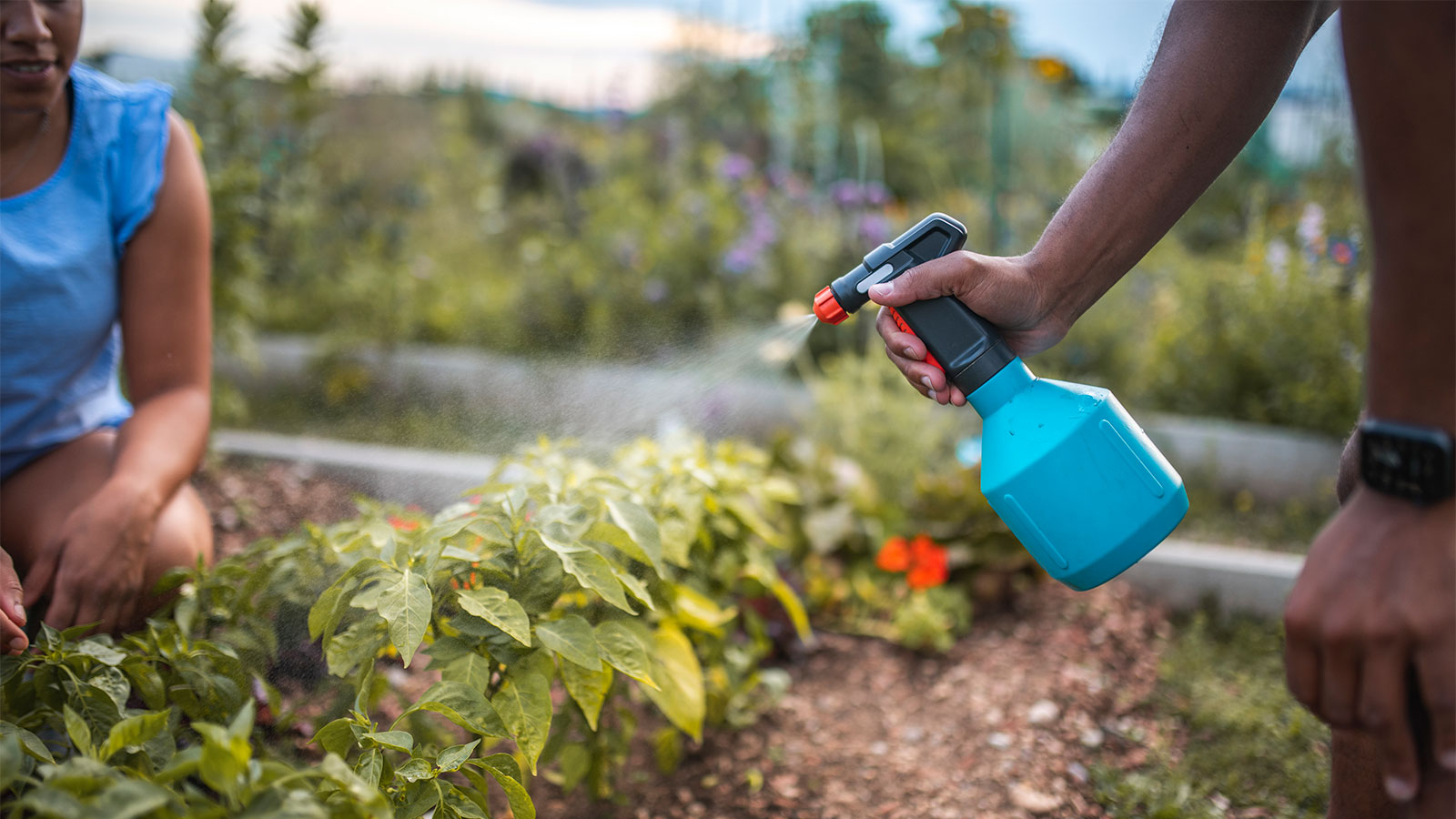
Green Solutions: Nurturing Your Space with DIY Eco-Friendly Pest Control
Pests invading your living space can be a nuisance, and while traditional pest control methods may be effective, they often involve harsh chemicals that can be harmful to the environment and your health. Embracing DIY eco-friendly pest control methods not only helps in keeping pests at bay but also contributes to a healthier and more sustainable living environment.
Understanding the Importance of Eco-Friendly Pest Control
Traditional pest control methods often rely on chemical pesticides that can have adverse effects on the environment, wildlife, and even human health. Eco-friendly pest control methods prioritize the use of natural and non-toxic solutions, minimizing the impact on the ecosystem while effectively managing pest issues.
Natural Repellents: Aromatic Solutions for Pest-Free Spaces
Harness the power of nature’s aromas to create natural repellents that keep pests away. Essential oils such as peppermint, citronella, and tea tree oil are known for their pest-repelling properties. Mix these oils with water and spray the solution around entry points and problem areas to create a fragrant barrier that deters pests.
Beneficial Insects: Nature’s Pest Control Agents
Introducing beneficial insects into your garden or home can be an effective and eco-friendly way to control pest populations. Ladybugs, for example, feed on aphids, while praying mantises prey on a variety of garden pests. Research and identify which beneficial insects are suitable for your specific pest issues and environment.
DIY Traps: Simple and Effective Pest Control
Create your DIY traps using household items to catch and remove pests without resorting to harmful chemicals. For example, a mixture of sugar and borax can be used to attract and eliminate ants. Similarly, beer traps are effective against slugs and snails. Regularly check and dispose of captured pests to keep the infestation under control.
Companion Planting: Natural Pest Management in the Garden
Incorporate companion planting strategies to naturally manage pests in your garden. Certain plants have natural pest-repelling properties or attract beneficial insects. For instance, planting marigolds can deter nematodes, while attracting pollinators to enhance the overall health of your garden.
Maintaining Cleanliness: A Fundamental Pest Prevention Measure
Prevention is often the best form of pest control. Keep your living space clean and well-maintained to eliminate potential hiding spots and food sources for pests. Regularly clean up crumbs, fix leaks, and properly store food to reduce the attractiveness of your space to unwelcome visitors.
Eco-Friendly Pest Control Products: Choosing Wisely
If you opt for store-bought solutions, explore eco-friendly pest control products that are certified organic and free from harmful chemicals. These products often utilize natural ingredients like neem oil, diatomaceous earth, or boric acid, providing effective pest control without compromising environmental health.
If you’re looking for eco-friendly pest control solutions, consider exploring DIY Eco-Friendly Pest Control for a range of ideas and products that align with your commitment to a greener and healthier living space. The website offers insights into sustainable pest management practices and eco-conscious solutions.
Educating and Spreading Awareness
Share your knowledge and experiences with DIY eco-friendly pest control methods with friends, family, and your community. Spreading awareness about the benefits of natural pest control not only helps individuals create healthier living spaces but also contributes to a collective effort toward more sustainable and environmentally conscious practices.
Embracing a Greener Future with Eco-Friendly Pest Control
In conclusion, opting for DIY eco-friendly pest control methods aligns with a commitment to a greener and healthier living space. By incorporating natural repellents, beneficial insects, DIY traps, companion planting, and maintaining cleanliness, you can effectively manage pests without compromising the well-being of the environment. Embrace these eco-friendly solutions to create a pest-free home while nurturing the planet.
